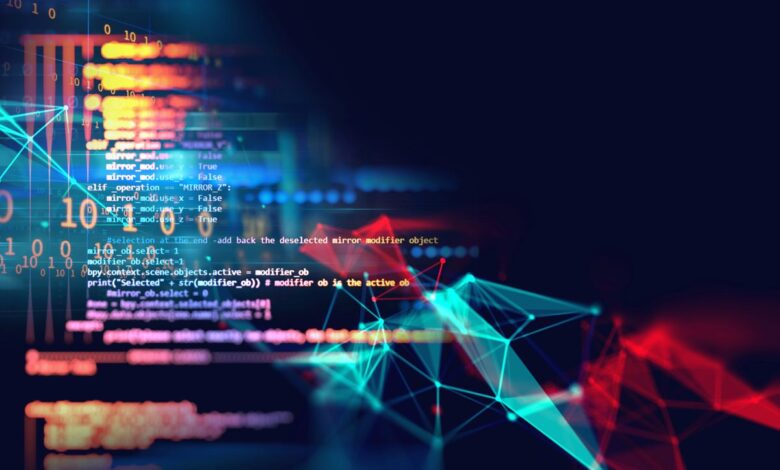Is today’s cybersecurity ready for the quantum leap?

Quantum computing may sound like the stuff of science fiction movies—but this fascinating new technology may be at our doorstep sooner rather than later.
In a nutshell, quantum computing relies on the principles of quantum mechanics to perform calculations in a fundamentally different way than traditional computers. Instead of using bits that can only be in a state of 0 or 1, quantum computers use quantum bits—or qubits—which can exist in multiple states simultaneously. This allows quantum computers to solve certain kinds of problems much quicker than, say, the laptop you’re using to read this article.
As exciting as this emerging technology may be, it also has significant implications for cybersecurity. Many of the encryption methods we currently rely on, like RSA and elliptic curve cryptography, could potentially be cracked by advanced quantum computers. This means there will be a need to develop new, quantum-resistant encryption algorithms to protect sensitive data. Below, we examine a few of the implications of quantum computing on cybersecurity—and explore the steps being taken to safeguard our digital future.
The current state of quantum computing
Quantum computing is already a reality, but it’s still in early stages—and it’s not yet widely practical for most applications. Still, several major technology companies have developed working quantum computers.
That said, current quantum computers are relatively small-scale and prone to mistakes. They have limited numbers of qubits and can only perform certain types of calculations. For quantum computers to become truly useful for solving complex, real-world problems, they’ll need to scale up to much larger numbers of qubits and achieve lower error rates.
Even though we may still be years away from large-scale, enterprise-level adoption of quantum computing, the pace of progress has been accelerating recently—and there have been some surprising breakthroughs that suggest the timeline toward a quantum future may be shorter than anticipated.
The quantum threat
Today, most digital communications and transactions are secured using public-key cryptography, which relies on the difficulty of factoring large numbers into their prime components. However, quantum computers could potentially solve these problems much faster than classical computers.



